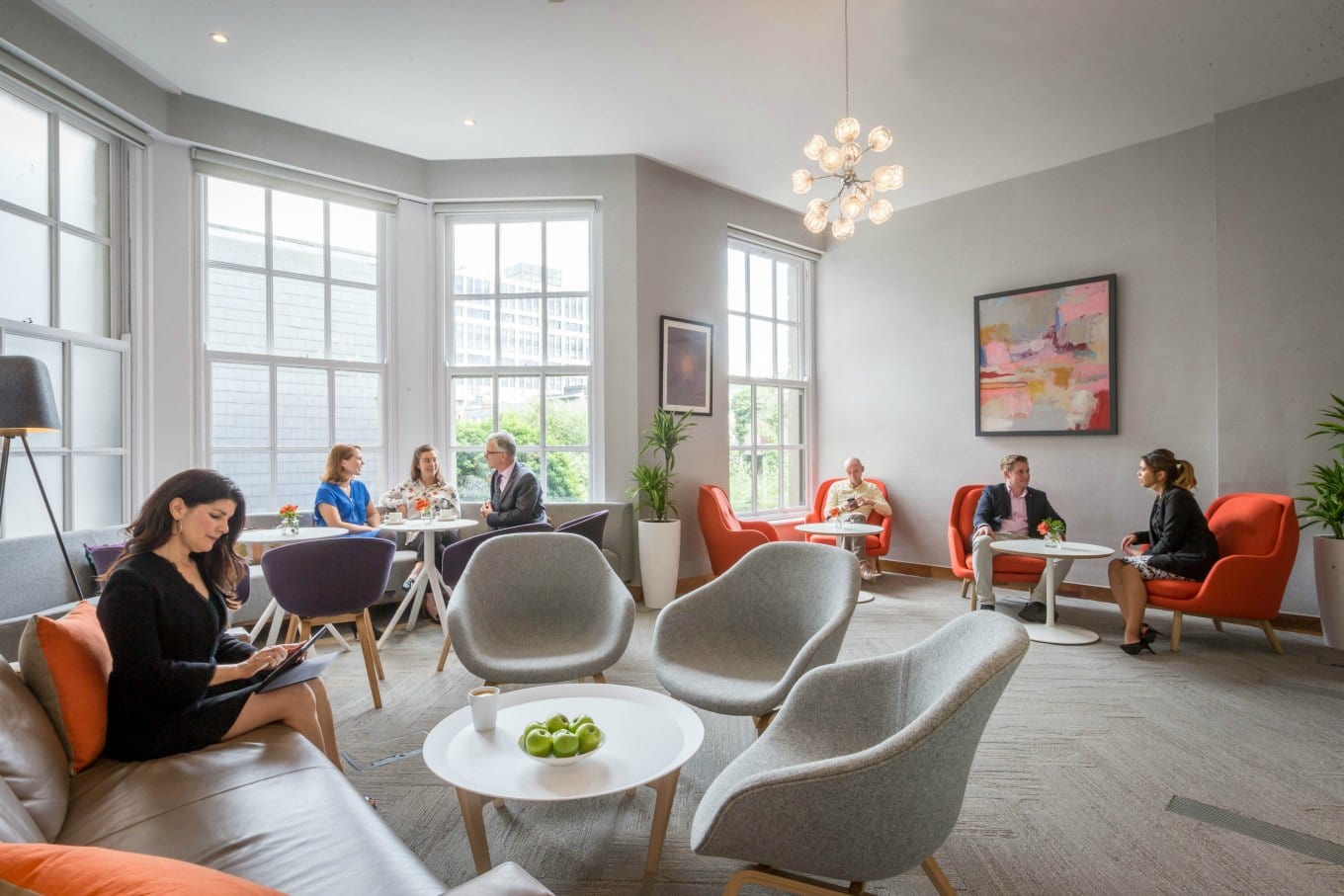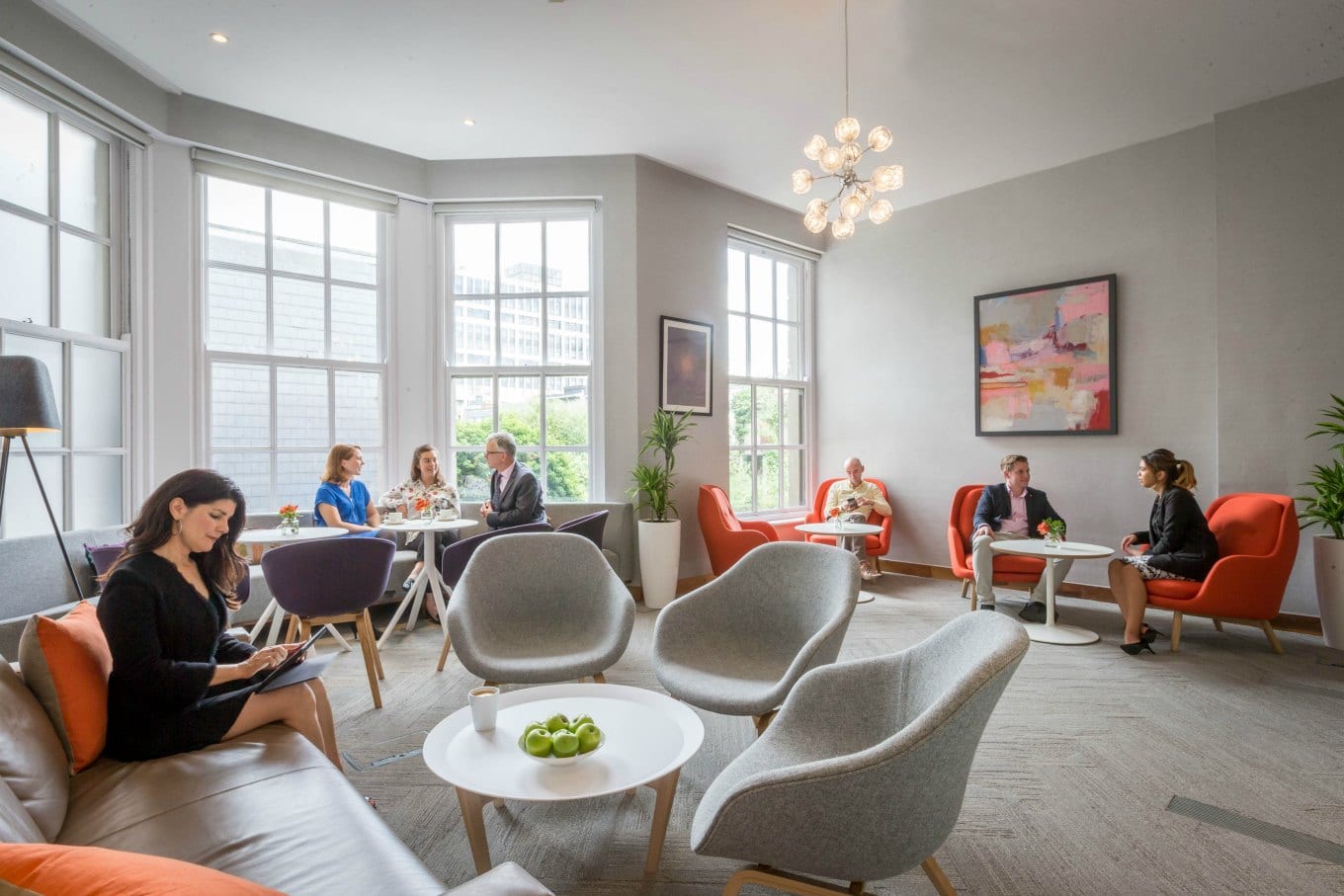The rise of the workplace experience manager

Workplace experiences are becoming more and more important for today’s employees and many forward-thinking companies are working hard to meet and exceed expectations.
Some of these companies have even created a new role that goes above and beyond the realms of traditional HR to address this new employee need. Job titles like workplace experience manager and chief employee experience officer have popped up in some of the world’s best workplaces.
The aim of these new roles aim is to oversee all aspects of employee experience and addresses employee needs based on their place in the employee lifecycle, rather than by their job title and department.
Why is employee experience important?
We’ve all had our interactions with traditional HR teams. Throughout the recruiting process they are there every step of the way. But once you’ve finished onboarding, sometimes they drop off the face of the earth.
Workplace experience managers look at the needs of workers throughout the entire employee lifecycle – from recruitment right through to retirement, as well as everything in between, including project work, networking, transfers and promotions.
So why are these new roles on the rise?
Attracting talented staff is becoming harder and harder. Millennials have become the largest group in today’s workforce and they can be a tough crowd to keep happy. Known for their tendency to hop between jobs, many organisations are struggling to adjust to their needs and expectations in the workplace.
Research by Quora Consulting showed that 75% of the brightest talent leave their organisation within two years, citing disillusionment with the calibre of management and frustration with the unproductive, poorly optimised workplace design.
Companies are doing more and more to attract talent, but often too much focus is put on recruitment. This stat shows that it is also important to work toward employee retention and this can be simply done by creating positive experiences for employees.
Once hired, it is important that management does what it can to make their experience as pleasant as possible by using what they can – the physical environment, digital tools and managerial practices.
Put simply, it’s about caring for employees to keep them engaged and happy at work. It’s been shown time and time again that happy and healthy staff are good for productivity which, in turn, is good for your business’ bottom line.

Treat your staff like customers
To date, it’s been the norm for companies to bend over backwards so that customers have positive experiences of a brand. This new trend to create workplace experiences simply extends this to employees.
Plus, if your employees love where they work, they are likely to be the best brand ambassadors you could ask for.
The role of workplace experience managers blurs the lines between human resources, marketing, communications, real estate and social responsibility.
At American market research company Forrester, the head of employee experience, Jon Symons has a background in communications. According to Forbes, his role was created to forge an emotional connection between Forrester employees and the Forrester brand.
He creates great employee experiences and uses employer rating sites, like Glassdoor, to strengthen the company’s brand.

Airbnb leads the way
Airbnb is dedicated to creating memorable experiences for its hosts and guests. Now it wants to do the same for its employees.
In 2015, Airbnb was one of the first companies to create the role of Chief Employee Experience Officer.
The multinational influences its employees’ experience in a number of ways that go beyond just having cool office spaces.
Mark Levy is responsible for normal HR functions like recruiting and talent management, but his role also touches on facilities, food and global citizenship.
He lets staff experience the Airbnb brand within the workplace through events, celebrations and even by the themed menus that are part of its healthy food programme.
In 2015, Forbes reported that Airbnb’s job offer acceptance rate climbed to 80% for engineers, and to more than 90% for all other departments. While currently both Forrester and Airbnb make it onto Glassdoor’s list of the best places to work – last year Airbnb topped the list.
We expect that workplace managers and employee experience officers will become far more common into the future. As this new approach proves effective in attracting top talent and keeping employees onboard, it is likely that many other compnies will follow in the footsteps of Airbnb.
At Glandore, we have a culture of caring for the people working in our office space. We have created a working environment that encourages collaboration, innovation and an enjoyable employee experience.
If you would like to find out more about us and how we can help your business grow, get in touch here. Our serviced offices in Dublin and Belfast could be just what you need.


